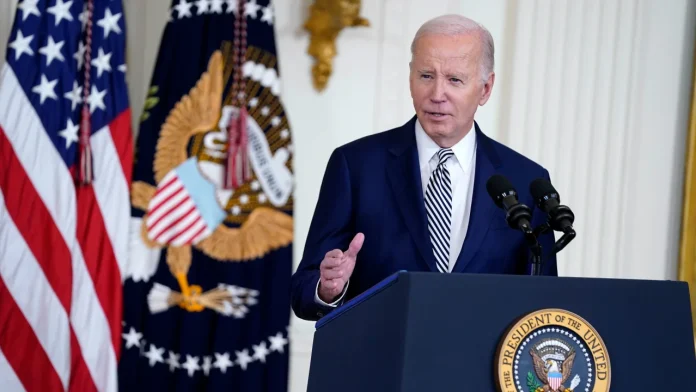On Monday, US President Joe Biden signed a new executive order aimed at reducing the risks that artificial intelligence (AI) poses to consumers, workers, minority groups, and national security.
The order stipulates that the results of safety testing of AI systems be shared with the US government under the Defence Production Act before being released to the public.
To realise the promise of AI and avoid the risk, we need to govern this technology. In the wrong hands, AI can make it easier for hackers to exploit vulnerabilities in the software that makes our society run.
The measure prompted mixed reactions from industry and trade groups. Bradley Tusk, CEO of Tusk Ventures, welcomed the president’s decision, noting, however, that technology companies would likely avoid sharing sensitive data with the government due to fears of passing it on to competitors.
Without a real enforcement mechanism, which the executive order does not seem to have, the concept is great but adherence may be very limited.
NetChoice, a national trade association consisting of major technology platforms, described the executive order as an “AI Red Tape Wishlist” that would ultimately “stifle new companies and competitors from entering the marketplace and significantly expand the power of the federal government over American innovation.”
The new executive order will restrict the work of companies such as OpenAI, Alphabet (GOOGL.O) and Meta Platforms (META.O), which have pledged to watermark AI-generated content to make the technology safer.
The White House stated that the Commerce Department would “develop guidance for content authentication and watermarking” for labelling items generated by artificial intelligence to ensure clarity of government information.
The order also mentions requirements for intellectual property regulators and federal copyright law enforcement agencies to prevent intellectual property theft.
Famous writers and artists have repeatedly accused technology companies of stealing their works to teach generative artificial intelligence systems. However, the companies argue that their use of the content is protected by US copyright law’s fair-use doctrine.
The G7 industrialised nations will agree on a code of conduct for companies developing advanced AI systems on Monday.
The truth is the United States is already far behind Europe. Policymakers, including those in Congress, need to look out for their citizens by enacting laws with teeth that tackle threats and safeguard progress.
US Senate Majority Leader Chuck Schumer stated that he hoped to have an AI bill ready within a few months. Officials warned that AI could increase the risk of bias and civil rights violations, noting that Biden’s executive order is aimed at addressing the issue.
They are calling on landlords, federal benefits programmes and federal contractors to provide guidance “to keep AI algorithms from being used to exacerbate discrimination.”
